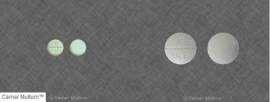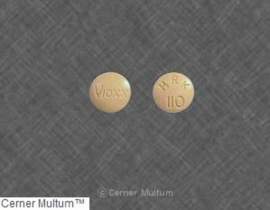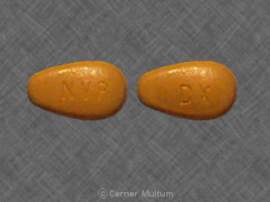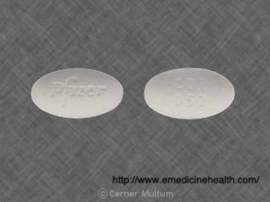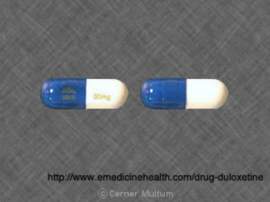
Baycol Lawsuit
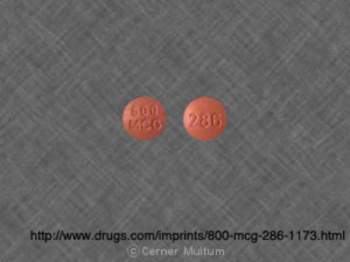
A brief guide to filing a Baycol lawsuit
Though the anti-cholesterol medication Baycol was removed from worldwide circulation in 2001, it has taken a considerable amount of time to resolve the litigation surrounding it. Manufacturer Bayer is reported to have spent $1.17 billion in Baycol settlements.
The unusual complexity of litigation regarding Baycol side effects stems from the number of places it has been undertaken. The drug was introduced to market in 1998. The most serious Baycol side effects that were reported in studies conducted after its introduction concerned "rhabdomyolysis." When this occurs, muscle tissue breaks down, which can result in kidney failure and death. Reports of 52 deaths prompted the withdrawal of the drug from market.
The first Baycol lawsuit occurred in 2003. The plaintiff seeking a Baycol settlement in this case was an 82-year-old man who developed rhabdomyolysis. This Baycol lawsuit ruled Bayer (manufacturer of Baycol) of negligence. The same result occurred in the second trial, concerning a woman who said that Baycol side effects—following two years of treatment—caused severe muscle soreness.
In 2007, a Baycol settlement was announced between Bayer and thirty states. The class-action Baycol lawsuit alleged that the company was negligent and did not sufficiently warn consumers of the risks associated with Baycol treatment. As a result, Bayer agreed to pay an $8 million Baycol settlement without having to admit wrongdoing.
In 2011, a class action Baycol lawsuit was filed when a group of plaintiffs from West Virginia wished to pursue a Baycol settlement. Though their motion was initially denied by a West Virginia judge, the Supreme Court ultimately affirmed that a class action Baycol lawsuit could proceed. It is not known at this time whether litigation has proceeded or been dropped.
At present, Bayer reports that it has made a Baycol settlement agreement with more than 3,100 people. Unless the class action Baycol lawsuit mentioned above proceeds, it appears that such litigation has largely ended. Since the drug has not been available for over a decade, any Baycol side effects that occurred happened so long ago that initiating litigation at this time is fruitless. It is unclear whether those who wish to pursue a Baycol settlement will be able to join the class action approved by the Supreme Court.
Rhabdomyolysis is the only side effect that has produced significant litigation. The formation of a class action suit seeking a Baycol settlement would therefore concern patients with this condition. If you want to try to obtain compensation for previously experienced Baycol side effects, speak with an experienced pharmaceutical attorney. This will be the simplest way to find out whether a class action for a Baycol settlement is proceeding or is no longer being pursued. To join any such legal action, you will need copies of all medical records documenting Baycol side effects.
Baycol FDA Warnings/Regulations:
The FDA announced that Baycol, in 2001 withdrew all dosages of Baycol’s cholesterol-lowering drug due to reports of side effects including rhabdomyolysis (muscle weakness). Fatal rhabdomyoylsis has also been reported with Baycol when administered at high doses, used in elederly patients or combined with gemfibrozil, another lipid lowering medication.
Other Baycol Side Effects:
The bulk of Baycol side effects are of the gastrointestinal variety, including bloating, gas, heartburn, nausea, upset stomach, abdominal pain and diarrhea. Additionally, the United States Food and Drug Administration classifies Baycol as a category X drug, meaning it causes severe birth defects and should not be taken by those who are pregnant. Risk factors, primarily Rhabdomyolysis is most prevalent in the elderly, in patients taking high doses and in patients also taking Gemfibrozil.
Sources:
1. http://www.fda.gov/Safety/MedWatch/SafetyInformation/
SafetyAlertsforHumanMedicalProducts/ucm172268.htm
2. http://www.fda.gov/downloads/Drugs/GuidanceComplianceRegulatoryInformation/EnforcementActivitiesbyFDA/
WarningLettersandNoticeofViolationLetterstoPharmaceuticalCompanies/UCM166207.pdf




